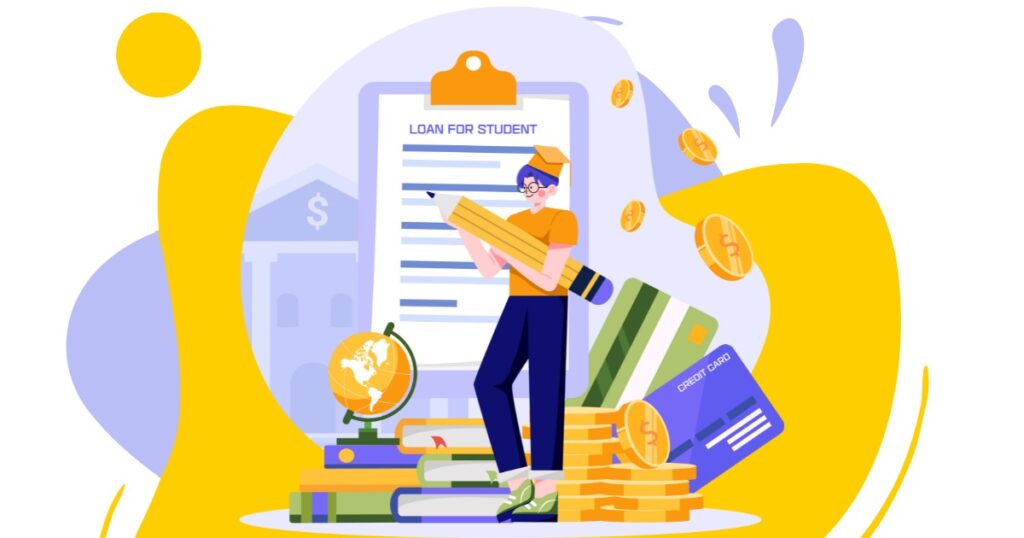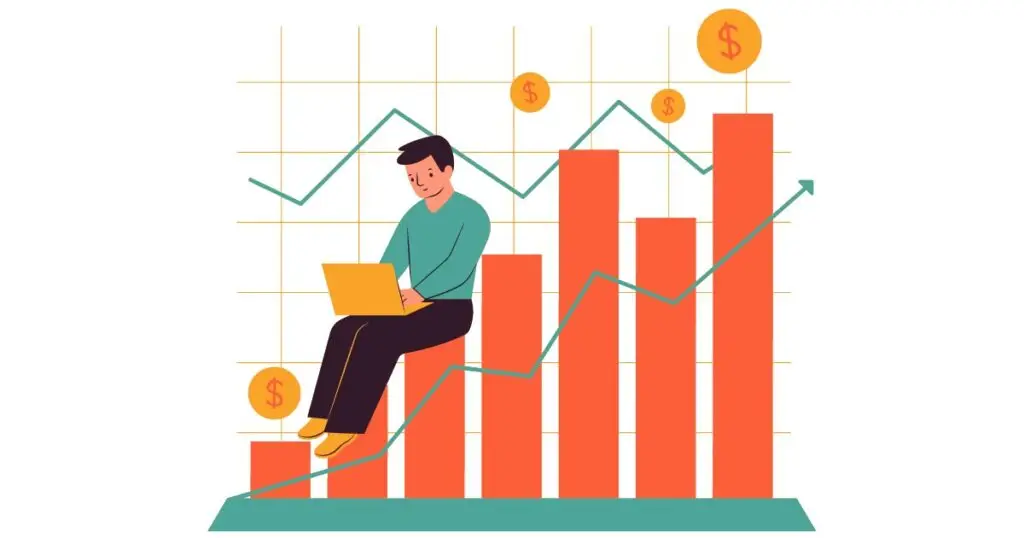
Managing student loan debt can be overwhelming, but with the right strategies, you can take control of your finances and work toward a debt-free future. Whether you’re just starting to repay your loans or looking for ways to ease the burden, these tips will help you navigate the complexities of student loan debt and make informed decisions that benefit your financial health.
Understanding Student Loan Debt
Student loan debt is the money borrowed to pay for education-related expenses, including tuition, books, housing, and more. In the United States, student loan debt has become a significant financial issue, with millions of borrowers owing trillions of dollars collectively. While loans can be a necessary tool to fund your education, managing them effectively is crucial to avoid long-term financial strain.
Why Managing Student Loan Debt Is Important
Managing your student loan debt is vital for several reasons:
- Financial Freedom: Proper management helps you pay off your loans faster, freeing up your income for other financial goals.
- Credit Score Impact: Timely payments can improve your credit score, while missed payments can damage it, affecting your ability to borrow in the future.
- Stress Reduction: A clear plan for managing your debt can reduce financial stress and help you feel more in control of your finances.
Tip 1: Understand Your Loan Terms
Before you start repaying your loans, make sure you fully understand the terms of each loan, including the interest rates, repayment schedule, and any potential penalties for late payments.
- Tip: Create a spreadsheet to track your loans, including the lender’s name, loan balance, interest rate, and payment due dates.
Tip 2: Make Payments During the Grace Period
Many student loans have a grace period after graduation during which you’re not required to make payments. However, making payments during this time can reduce the overall interest you’ll pay and help you start paying down the principal sooner.
- Tip: If you can, start making small payments during the grace period to reduce the amount of interest that will accrue.
Tip 3: Set Up Automatic Payments
Setting up automatic payments ensures that you never miss a due date, which can help you avoid late fees and potential damage to your credit score. Some lenders even offer interest rate reductions for borrowers who enroll in auto-pay.
- Tip: Check with your lender to see if they offer a discount for setting up automatic payments and take advantage of this benefit.
Tip 4: Pay More Than the Minimum
Whenever possible, pay more than the minimum required payment each month. This extra payment will go directly toward reducing your principal balance, which can save you money on interest over time and help you pay off your loans faster.
- Tip: Even an additional $20 or $50 per month can make a significant difference in the long run.
Tip 5: Explore Income-Driven Repayment Plans
If you’re struggling to make your monthly payments, consider enrolling in an income-driven repayment (IDR) plan. These plans adjust your monthly payments based on your income and family size, making them more manageable.
- Tip: Research the different types of IDR plans, such as Income-Based Repayment (IBR) or Pay As You Earn (PAYE), to find the one that best fits your situation.
Tip 6: Look Into Loan Forgiveness Programs
Certain professions, such as teaching or public service, may qualify you for student loan forgiveness after a specified period of time. Loan forgiveness programs can significantly reduce or eliminate your student loan debt.
- Tip: If you’re in a qualifying profession, make sure to understand the requirements and apply for loan forgiveness programs early in your career.
Tip 7: Refinance or Consolidate Your Loans
Refinancing or consolidating your loans can simplify your repayment process and potentially lower your interest rate. However, refinancing federal loans into private loans may cause you to lose certain benefits, so weigh the pros and cons carefully.
- Tip: Shop around for the best refinancing offers and consider consolidating multiple loans into one to make your payments more manageable.
Tip 8: Cut Unnecessary Expenses
If you’re having trouble making your loan payments, look for ways to cut unnecessary expenses from your budget. Redirect the money you save toward your student loan debt to accelerate your repayment.
- Tip: Review your monthly expenses and identify areas where you can reduce spending, such as dining out, subscriptions, or entertainment.
Tip 9: Seek Employer Assistance
Some employers offer student loan repayment assistance as part of their benefits package. If your employer provides this benefit, take full advantage of it to help pay down your student loan debt faster.
- Tip: Check with your HR department to see if your company offers any student loan repayment assistance programs.
Tip 10: Stay Informed About Policy Changes
The rules and regulations surrounding student loan debt can change, especially with new legislation or changes in the economy. Stay informed about any policy changes that could affect your repayment options or eligibility for forgiveness programs.
- Tip: Subscribe to newsletters or follow financial news sources that provide updates on student loan policies.
Conclusion
Managing student loan debt effectively requires a combination of understanding your loans, making strategic payments, and taking advantage of available resources. By following these ten tips, you can take control of your student loan debt, reduce the amount of interest you pay, and work toward financial freedom. Remember, the sooner you start implementing these strategies, the better off you’ll be in the long run.
Frequently Asked Questions
1. What is student loan debt?
Student loan debt refers to the money borrowed to pay for college or university expenses, including tuition, books, and living costs. It must be repaid with interest.
2. How can I reduce my student loan debt?
You can reduce your student loan debt by making extra payments, refinancing your loans, enrolling in an income-driven repayment plan, and exploring loan forgiveness programs.
3. What happens if I can’t pay my student loan debt?
If you can’t pay your student loan debt, you may default, which can damage your credit score and lead to wage garnishment. Contact your lender to discuss options like deferment, forbearance, or income-driven repayment plans.
4. Can student loan debt be forgiven?
Yes, student loan debt can be forgiven through programs like Public Service Loan Forgiveness (PSLF) for qualifying professions or income-driven repayment forgiveness after 20-25 years of payments.
5. How do I apply for income-driven repayment plans?
You can apply for income-driven repayment plans through your loan servicer’s website or by submitting an application form through the U.S. Department of Education.
Thank you for reading! We hope this guide on managing student loan debt provides valuable insights and helps you take control of your financial future. Be sure to check out our other articles for more tips on financial education and money management.


